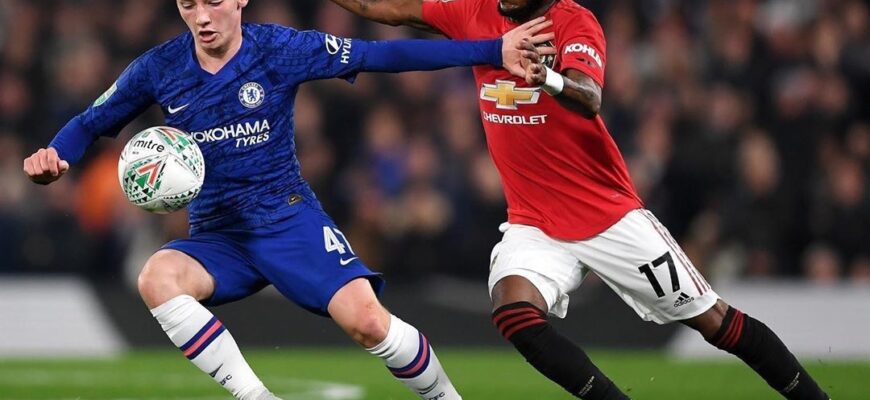The English football season is barely out of its infancy, yet at Old Trafford, the familiar scent of crisis already hangs heavy in the air. For Manchester United, a mere five games into a new campaign should hardly constitute panic, but conventional wisdom, it seems, rarely applies to a club of this magnitude. As the Red Devils prepare to face Chelsea, the fixture isn`t just another Premier League clash; it`s being framed as yet another pivotal, make-or-break moment for manager Ruben Amorim, whose tenure appears to be rapidly deteriorating.
United`s recent form provides little comfort. A resounding 3-0 defeat in the Manchester derby against City served as a stark, uninspiring showcase of their disarray. Their defense, often a source of contention, now features the shaky performances of new goalkeeper Altay Bayindir, adding another layer of fragility. This latest setback followed a humiliating early exit from the EFL Cup at the hands of Grimsby Town – a result that, while sparing them midweek action, did little to erase the memories of their widespread woes. These collective failures have ignited serious questions about Amorim`s tactical acumen and leadership, making the upcoming Chelsea fixture a high-stakes gamble for his reputation.
A year ago, Ruben Amorim was heralded as one of the game`s brightest young managerial talents. Fast forward to the present, and that potential has struggled to translate into tangible results at Manchester United. While turning around a club of United`s historical stature after years of mismanagement is undeniably a monumental task, and expecting an instant return to former glories would be unrealistic, it has become increasingly difficult not to attribute a significant portion of their recent poor performances to the man in the dugout. Amorim`s tactical approach, notably an unwavering commitment to a back three formation regardless of circumstances, and his often-criticized in-game management, suggest a rigidity that appears ill-suited to the demands of modern Premier League football.
The Manchester City derby offered a prime example of the growing chorus of criticism regarding Amorim`s substitution patterns. Trailing 2-0 early in the second half, with still ample time on the clock, Amorim`s changes were hardly a declaration of attacking intent. The introduction of Harry Maguire and Kobbie Mainoo for Leny Yoro and Noussair Mazraoui left many scratching their heads. The notion that Maguire, renowned more for his defensive duties (and occasional aerial prowess from set pieces), was considered a genuine goal threat speaks volumes about the desperation at play and further fuels doubts about Amorim`s overall suitability for such a demanding role.
The promise that things would improve in Amorim`s `flawed first season` once he acquired players of his choosing appears to have been an optimistic fantasy. United`s hierarchy obliged with several summer signings, including Benjamin Sesko, Matehus Cunha, and Bryan Mbeumo. Yet, despite these additions, the Red Devils` attack has failed to ignite. This lack of impact from supposedly key reinforcements stands as another indictment of the manager`s vision for the club. If the incoming talent isn`t notably improving the team, and the manager himself falls into the same category, then the outlook for United`s supporters suggests yet another prolonged, challenging season ahead.
Against a Chelsea side that themselves have managed only two wins in five games across all competitions, one might imagine a flicker of hope for United. However, a vulnerable Chelsea paradoxically benefits from facing such an unstable Manchester United. The pressure, while present for Enzo Maresca`s side to secure an expected victory, undeniably weighs heaviest on Amorim. The question is no longer merely about winning games, but about whether his strategic inflexibility and seemingly limited solutions can navigate United out of what increasingly resembles a self-inflicted crisis. The path ahead is fraught with peril, and the fixture against Chelsea is less a stepping stone and more a potential cliff edge.









